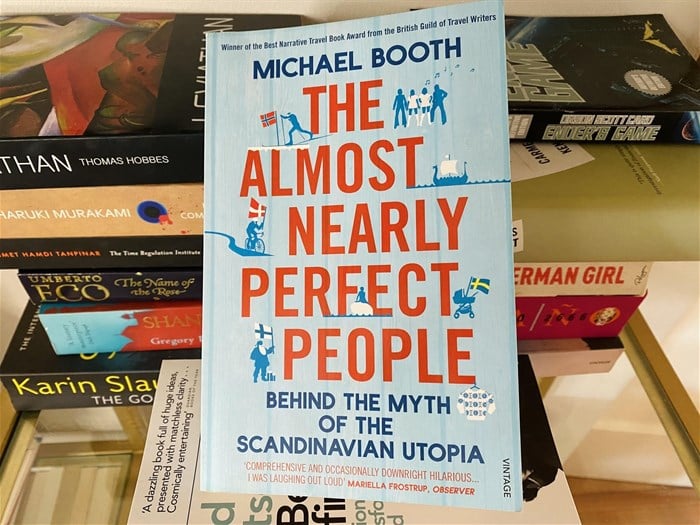#PulpNonFiction: Almost, nearly perfect

No society is perfect. No business is perfect either. When things are not going particularly well in our countries and companies, when there is social, economic, and political turmoil, and when the phone is not ringing quite as often as you would like it to, it is very tempting to look over the fence at the proverbially greener grass on the other side.
It is only human to be a little envious about the neighbours, or to dream about what life could be like if only you had another colour passport, another team, or a different brand.
With this in mind, I recently read a book by Michael Booth called The Almost Nearly Perfect People: Behind the Myth of Scandinavian Utopia.
The book unpacks the reality of living in what is (according to all sorts of surveys and studies) the happiest region in the world. In hilarious detail, the author gently reminds us that no place on Earth is entirely perfect, even the happiest places on Earth have some serious trade offs and a few (sometimes literally) dark secrets.
For example, did you know that Iceland has (by some way) the highest antidepressant consumption per capita?
Or that in exchange for their generous welfare system, the Danish pay over around three quarters of their income in tax (the highest tax rates in the world)?
Or that although Norway is the richest nation on Earth, they don’t get to see sunlight between November and January?
Or that one in four people in Sweden live alone?
I’m not describing this to disparage the nordics and the Scandinavias - not in any measure - they really do have objectively excellent living standards, generous social safety nets, low poverty rates and great educational outcomes, all things we are sorely lacking here in South Africa - but rather to point out that even the happiest places on Earth are only almost nearly perfect.
In spite of our many problems, we also have a lot going for us we can (and should) choose to capitalise on in our own way. We have one of the best year-round climates in the world; a youthful, growing population; relatively low (by global standards) corporate tax rates, and a culture with strong family and social ties.
Likewise, when it comes to your business, if you change your perspective, you can choose to focus on investing in building on your own strengths, rather than obsessing about your competitors’.
As Voltaire said so eloquently, “Life is bristling with thorns, and I know no other remedy than to cultivate one’s garden.“
Indeed, it’s better to water your own lawn, pull out your own weeds, and plant your own seedlings, than it is to envy your neighbours’ field.
“Perhaps Danish happiness is not really happiness at all, but something much more valuable and durable: contentedness, being satisfied with your lot.” - Michael Booth































